An Tuana Clanna (Ann Too-Ah-Na Cla-nna)
'The Free Peoples of Aedelwynn.'
The Free Peoples of Aedelwynn
"'An Tuana Clanna' means 'the free people of the Clan', signifying both their status as no longer an enslaved people and members of a great family that spans the entire continent (the Clan). Whilst one may believe it belongs to humans alone, An Tuana Clanna is a term that embodies the entirety of the clanndom's population, regardless of race. Any who are born under Clannic Law, or who swear fealty to an authority of Clannic Law becomes one of the Clan. With the provided security of large stone fortresses, repurposed from the local elvish ruins, and a quick, effective military, the Clanndom gives to its people a safe haven from its brutal and dangerous wilderness."- "The Empire's Guide to Lost Lands, Volume IV: Aedelwynn", by Locke en-Fang.
Overview:
The Free Peoples of Aedelwynn are an ethnic group that encompasses the traditions and customs born from the Second Fading of the Elves, and the Time of Reclamation. Whilst outwardly accepting of all species, there is nevertheless an underlying xenophobia against many non-humans within the Clanndom, especially in the local population and against the "Otherfolk" tribes of the wilderness. This is mainly found in Holds that are constantly under direct threat of expansion or raiding from these tribes. For example, within many Tiardha and Clan Holds, certain Blood Laws make it impossible for non-humans to own land or keep land-based inheritance, whilst the intermingling of races isn't forbidden by law, it may be seen shunned upon by certain societies. However these can changed after a specific amount of time spent in the local warbands or in service of the Clanndom beyond craftsmanship.
Culture
Major language groups and dialects
An Tuana Clanna speak Tuanai, which itself is derived from the Ferdian and Edelian languages. 'Tuanai' derives from An Tuana, obviously, and is thought of as the 'free tongue'. The Tuanai language is used throughout Aedelwynn's clannic territories as the common tongue. Often considered essential for daily life, Tuanai has supplanted Edelian throughout the continent.
Differences in dialect:
Depending on the Hold one finds oneself in, Tuanai is spoken with minute dialect differences. For instance, "fortress" in An Dalachain is spelt "Caer-", however in An Brenian, it is spelt "Kaer-". An Dalachain does not leave a space or pause after Caer, whereas the other countries do. These are representative of accents and changes in speech that have happened over the migration of peoples throughout the land.
Ferdian, the Language of Giants, is used by the nobility and by the higher arts - bardic speech, singing and epics - as the old tongue as it is believed that An Tuana descend directly from giants and other Ferdian Kin, considering themselves as part of the Ferdian family.
Edelian is known as the language of scholars, and less spoken amongst clansmen as a whole. The language itself is banned from being used in judicial courts across Holds of Aedelwynn, namely An Arwyn, and some superstitious folk believe the language of elves has potent, malignant power.
Culture and cultural heritage
An Tuana Clanna owe much of their cultural influences from their ancient culture, known solely as the Ancient An Tuana. This in turn was influenced largely by their widespread status as serfs and slaves under the Edelian Hegemony. An Edel traditions, mythology and stories have become the current Tuanai folklore. Metalworking was developed alongside An Glamhoth, with inspiration from Edelian bronzeworking, and tribal ironwork.
An Tuana Clanna is also influenced by the Fir-bholg cultures, many of the laws and traditions are born from Ferdian folk influences. As the Reclamation was coming to an end, the Clannic people went through what scholars have called 'the Ferdian Renaissance', where traditions were restored to some extent. Art, architecture, literature, lawmaking and other important facets of the Clan's government were taken into Clannic Law, written by Saint Diarmaid, and then the future generations of Ard Rì.
It is no shame to admit that the Clannic culture itself is born from such inspirations, however the large bulk of observed traditions and customs are born from the metamorphosis of the Ancient An Tuana during the Reclamation from a largely marginalised group, to numerous independent rebellions across the continent (either aided by sympathetic regimes, or against tyrannical kingdoms) that would eventually group to create seperate tribes and petty kingdoms the Clanndom of Aedelwynn. would eventually govern within 216 PR.
Common Etiquette rules
When addressing one superior in rank, be it a Sept Chieftain, or an Earl, it is customary to speak with deference, and address them by their title, 'chieftain' or 'lord'. Amongst each other, first names are used. With those of greater social rank such as Kings and Queens, or Earls with larger lands, then many Clansmen place their hands on their chest to show they speak out of truth and honesty.
No clansman may look into the High-King's eyes without explicit permission, or when in official ceremony, cannot approach them by more than 20 paces. When eating, the person to the left of the cook - or the mistress of the house - is served first. This position is reserved for guests, close friends, or at the whims of said mistress.
Common etiquette obliges clansmen to ask for permission to enter another's abode, often using a ceremonial greeting found amongst different Septs. Should the housemistress not be present, then one can only wait or return to their abode. Hospitality obliges to allow travellers into one's house, though in return the traveller needs leave all blades and weapons by the door. Breaking the laws of hospitality is seen as a major taboo.
Art & Architecture
A basic sketch of a lesser Tiarna with its fortifications, habitation, etc.
Architecture:
Many Clannic buildings are circular in shape, often hut-like built from roughly hewn stone and thatched, lumbered or turfed on top. Cities make use of slate, whilst larger halls might use brightly coloured tiles. Many houses outside of cities are dug into the ground, to keep safe from the harsh winds, and to keep warmth inside. Breathwork is reserved for central pillars, or doorways, to keep spirits at bay and houses safe.
Most villages or towns are also circular in shape, and many forts follow a motte-and-bailey style fortification with wooden and stone pallisades where farms and cattle are kept safe during the night. The center of town would be closest to the bailey's entrance, at the foot of the motte, with many districts and households would be gathered around said motte. Keeps are built of stone, and star shaped or solidly
Cities are otherwise repurposed Edelian cities, or unique stylings according to ancient civilisations, with whatever stone could be salvaged and turned into large feasting halls or important locations. Many towns and cities are founded around Lachlanna, which become pivotal to the going-ons of the population, holding festivities around it and profitting from the eldritch, mystical effects of their enclaves.
Illustrations of Clannic Bronzework on sword scabbards.
Metalwork:
An Tuana Clanna are well renown for their intricate, complex and artistic bronzework. Capable of rivalling the dwarves of the Kasharri Empire, Clannic bronzeworking is a traditional ornamental metalworking discipline that emphasises knot-like patterns found in many religious representations, as well as braids woven during rites of passage.
Much of the art and illustrations of the Clanndom follow this intricate, knot-like design. Many tapestries use this complex knotted artistry, as well as arches, pillars and other masonry. It has a specific term, "Breathwork", which is said to depict the winter wind, and the air that all people breathe. It is a remnant from Edelian artwork, which used patterns to depict the various elements (likely originally borne in the Sky Court).
Common Customs, traditions and rituals
There are many customs and traditions that are universally shared across An Tuana Clanna, regardless of Sept or belonging. These customs tend to emerge from superstition, or out of survival habits transmitted through fairy tales or folklore. Various customs are observed throughout the year, ceremonial offerings are given at festivals. Many of these festivals are seasonal festivals, revolving around the transition of seasons. The Day of Burning, the Day of Cleansing, and other seasonal festivities are celebrated amongst all clansmen. These happen also at the height of summer and winter.
Prayers are given to the Knot before a meal, or before committing a particularly dangerous act, such as going into battle, taking risks, asking for protection or the birth of a child. Asking the relevant Saint to intercede is done through various totems, amulets, offerings and ceremonies, as with various other pantheons. As for other practices, it is customary to leave unfinished food out at night to soothe the spirit and keep the Sidhe content. Fires, hearths especially, must constantly be tended to during the night to keep the darkness and cold at bay.
All throughout the Clanndom, it is also traditionnal for various Septs to hold moot within the local Ealdorman's house, where disputes and complaints can be mediated alongside a small counsel of villagers. These moots are spoken under sacred oath, so that no blood be shed and feuds are kept low.
Coming of Age Rites
Each sept or tribe has their own coming of age rite, many involve hunting an animal, or accomplishing some great deed in accordance to their sept's traditions. Different tribes may have different rites of passage, however the age of adulthood was set by Clannic Law to "have survived eighteen winters" of age. Once those winters have been passed, it is considered sufficient for a child to become an adult.
Most city folk don't really have a rite of passage, unless they join specific warrior societies in which case they become initiated into said society through a rite of passage or coming of age.
Funerary and Memorial customs
The members of the Clanndom follow common ritual practices throughout Aedelwynn. Every city has a barrow, or a cairn yard where bodies are prepared, embalmed and entombed in wait for their gods to call them for the final battle.
Each winter solstice, on the Day of Remembrance (also known as Mablatha), fires from central pyres across villages and cities are brought to home hearths and into barrows to bring protective light and warmth to the deceased.
Sailors typically have their ceremonies at sea, however only fools would dare toss their friends and family's bodies into the ocean, or else they will find themselves dragged back into the deep blue by the drowned dead.
Warriors are buried with their weapons, armor and shields, as well as any servants willing to be buried with them if they were of highest station. If the warrior was a mariner, it is typical for them to be buried with their ship, if they were a knight or a charioteer they would be buried with their chariot and horse.
Sept chieftains might have their spouses or concubines entombed alive with them to tend to them throughout their afterlife. Whilst banned in most areas of the Clanndom, many backwater tribes still practice his ritual rite.
Kings, Earls and powerful dynasties tend to have their private tombs, where generations are entombed close to their families. These are often more splendrous, complex and better built than common barrows which dot the land as plentifully as standing stones do the plains.
Common Taboos
An Tuana Clanna have various taboos that are universally forbidden to break.
Cannibalism is met with extreme prejudice, usually resulting in torturous executions, or ritual sacrifices - regardless of individual's station. Vampirism is also seen as a form of cannibalism, and many Clansmen are careful about ingesting their own blood (licking their wounds, or licking someone's blood by accident). It is believed that when someone has a taste for human/edel blood, they will forever starve, thirst for flesh no matter how much they devour or consume.
Letting a hearthfire go out in the middle of winter is a grievous mistake, allowing spirits to enter one's abode without protection. A few other interdicts are culturally applied: never spill blood on a lachlanna, never cross another's threshold with a naked blade, never make an offering of bone and salt to a tree, never disrespect or violate the Ocean.
Breaking the laws of guesthood and hospitality is a grave crime, and a taboo in the eyes of the Gods. Many tales speak of the Divine coming down on the breaker, and cursing them with a fate more heinous than death. The drawing
Many warriors, or heroes also impose 'geas' on themselves, which are often punishable by death or dishonor. These geas are binding agreements and promises from the Gods. Connall Mac Oisian was famously reknowned for vowing to never eat dog meat, as well as vowing to never refuse a woman's meal. This led to his inevitable death, as he could not refuse his wife's betrayal, and thus he was struck down by his own pledge.
Parent ethnicities
Related Organizations
Related Myths
Related Locations
"Names Are Powerful Things"
Most clansmen do not have family names, and merely go by their first name, followed by an ancestry prefix translating to "Son/Daughter Of", which is "Mac" for men and "Nì" for women. As such, it is easier to track the ancestry of each clansman, as well as prevent any legal issues with census taking, and keeping track of the Clanndom's population within Tiardha and Holds. There may be the case, when an individual is orphaned and not taken in by any family or society, to be called 'descendant of none', or Aen Duine. This prefix has also been used to shun disinherited children, and exiles.
Different Holds, different ancestry prefixes:
The Ancestry prefix differs according to Holds, whilst "Mac" and "Nì" are widely accepted in An Brenian, An Dalachain and An Eoghan. An Kerlahaad uses "Uì" as a gender neutral ancestry prefix. An Arwyn also uses "Aep" in the same context.
Sept Traditions:
Sept chieftains and sept members have additional traditions, where they would use the name of their Sept instead of the ancestral prefix. This can create some confusion, however it is done as a rite of passage amongst Septs to properly swear loyalty to your society. However, a sept member might also pass a rite of prowess or passage and be given a name by their Sept chieftain that represents the feat their have achieved to succeed the rite. For example: Budoc Morwr would have been named as such for his feats in sailing, morwr meaning mariner in An Brenian Dialect.
Clannic Nobility:
Clan nobles are defined by positions of power and land owning, as well as noble ancestry that can be traced to one or multiple heroes during the Time of Reclamation. Whilst many noble houses were created baseborn, there are some who descend directly from various renown and important clannic historical figures. Minor noble houses will use the ancestry prefix, however relate solely to said important figure, such as the Mac Tarna and Mac Tuorn family clans (despite not being approved as nobility by their peers).
Greater noble houses may drop the ancestry prefix entirely if they wish, and instead use a term that defines their clannic identity followed by the Hold from which they hail from. For instance, the Mordecai An Dalachain house is a family of elvish defectors who provided great aid to the burgeoning clans of men during the Reclamation, and were subsequently made nobles thereafter. In most cases, however, noble houses will simply use the ancestry prefix, followed by their Hold. A perfect example is the current Tàine of An Dalachain, and Heir Apparent to the throne of Aedelwynn: Ysengrin Mac Caèlbad An Dalachain.
Typical Female Names: Angharad, Aoife, Armelle, Blodwen, Branwen, Briaca, Cara, Deidre, Gaelle, Gwendolyn, Enid, Eiriol, Eimer, Lynn, Prydwen, Rhian, Roisin, Maelle, Mebd, Muireann, Nolwenn, Sinead, etc.
Typical Male Names: Ardgal, Amlodd, Argant, Aodh, Bran, Budoc, Cathbar, Connall, Diarmaid, Domhall, Eoghan, Erwan, Fionn, Fergus, Gwendael, Gwenneg, Meriadoc, Morvan, Nominoë, Niall, Owyn, Osian, Paladhir, Pwyll, Tadgh, Taliesin, Wyn, Wain, etc.
A grim supposition: It is believed by some historians that the ancestral prefix originates from An Edel slavers keeping track of their stock's ancestry to avoid any inbreeding, claiming that Ancient An Tuana were too base and savage to distinguish between family and mate. This has been disproved, albeit some clannic elves still make these claims. Despite having been largely false, it is a point of contention in tavern debates and has sometimes led to bloodshed between races.
Remove these ads. Join the Worldbuilders Guild

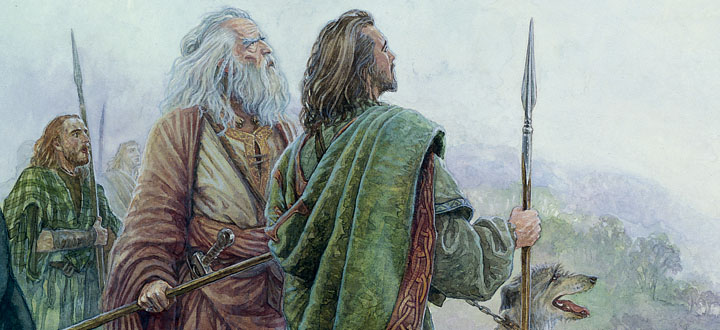
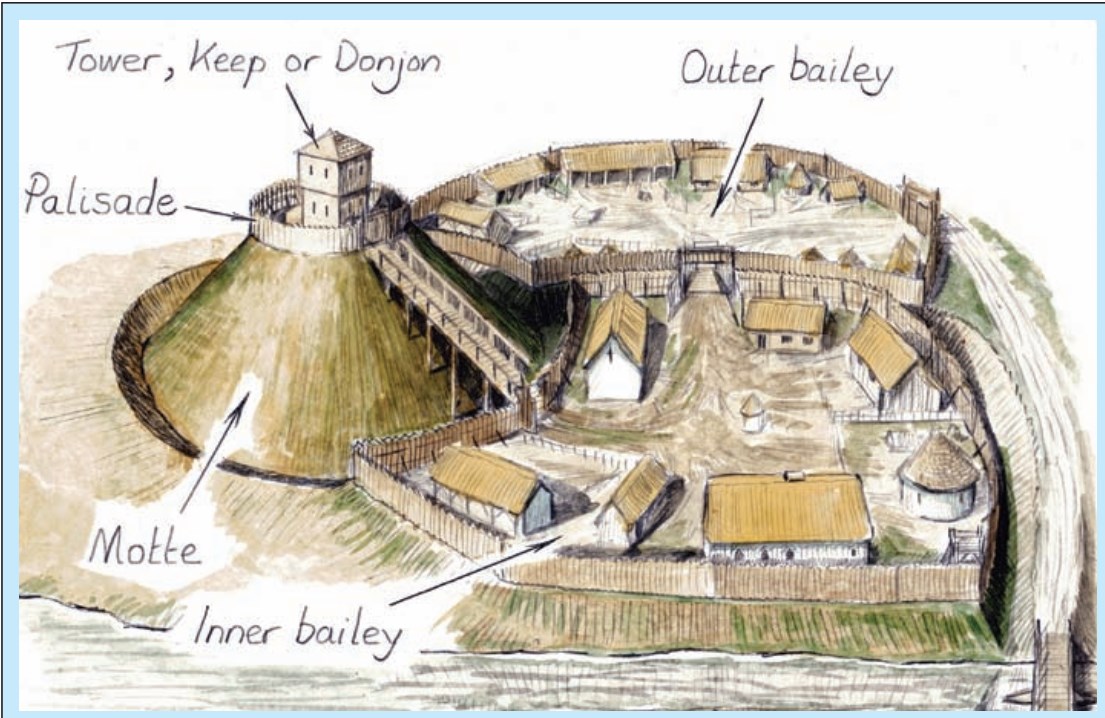
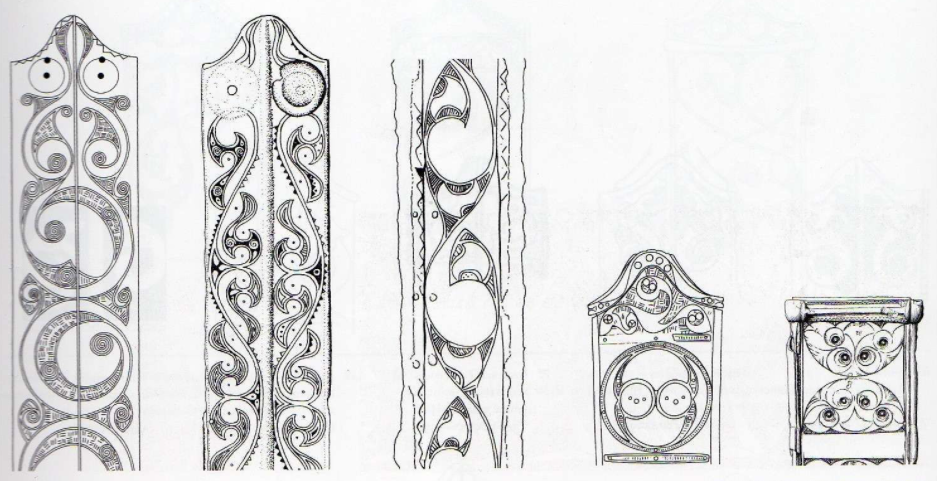
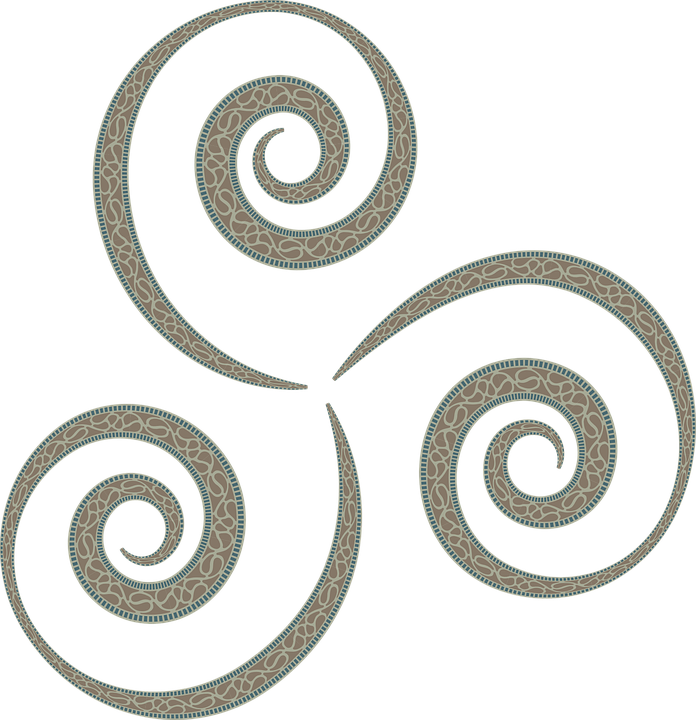
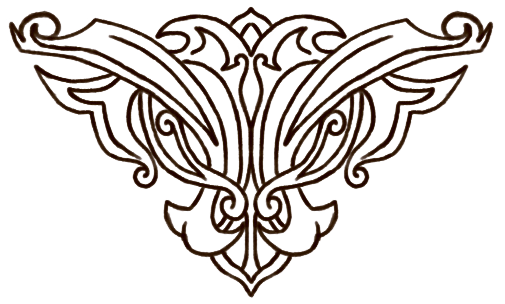


A really interesting read -- I enjoyed the illustration of the lesser Tiarna in particular.